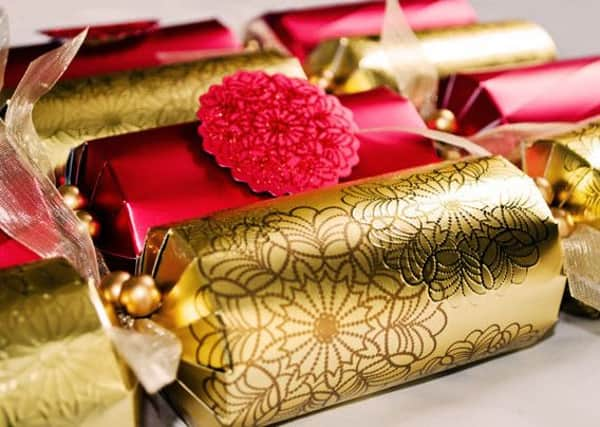CHRISTMAS: Just where did our favourite Christmas traditions begin..?


- The custom of sending Christmas cards started in the UK in 1843 with Sir Henry Cole, a civil servant who had helped set-up the new Public Record Office (or Post Office to you and I) and wondered how it could be used more by ordinary people.
Sir Henry had the idea of Christmas Cards with his artist friend John Horsley, and together they designed the first card and sold them for one shilling each. About 1,000 were printed and sold that first year and, as printing methods improved, Christmas cards became more popular and, by the early 1900s, the custom had spread overseas.
Advertisement
Hide AdAdvertisement
Hide Ad- Carols were first sung in Europe thousands of years ago as pagan songs, while people danced around stone circles to celebrate the Winter Solstice. Carols used to be written and sung during all four seasons, but only the tradition of singing them at Christmas has really survived.
- Candy Canes originated in Germany about 250 years ago, as straight white sugar sticks. They were created by a choirmaster who would give them to children to keep them quiet during the long Christmas services. They were later shaped into a J, some say to resemble a shepherd’s crook, and around 1900 the red stripes and peppermint flavouring were added.
- Christmas crackers are the creation of a London sweet-maker called Tom Smith. He had seen the French ‘bon bon’ sweets and, on returning to London, tried to sell something similar wrapped in paper which included a small motto or riddle, but they didn’t sell very well.
One night, while he was sitting in front of his log fire, he became very interested by the sparks and cracks coming from the fire and thought it would be a fun idea if his sweets and toys could be opened with a crack. When Tom died, his expanding cracker business was taken over by his family who continue to run the London business to this day.